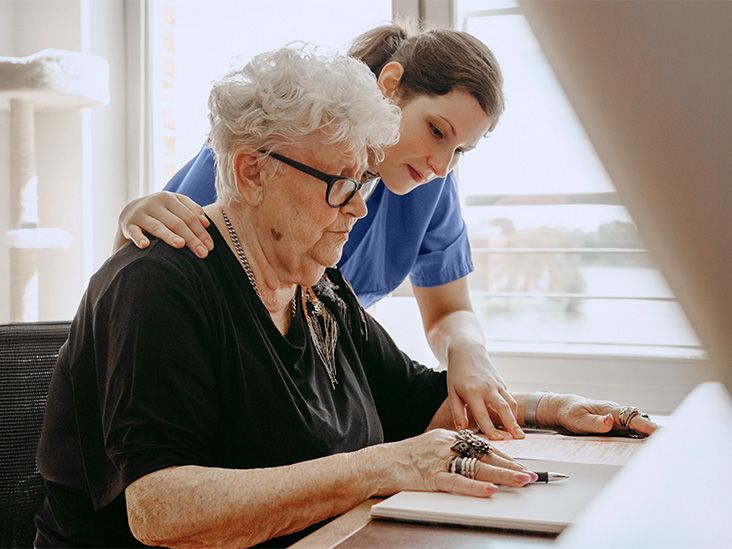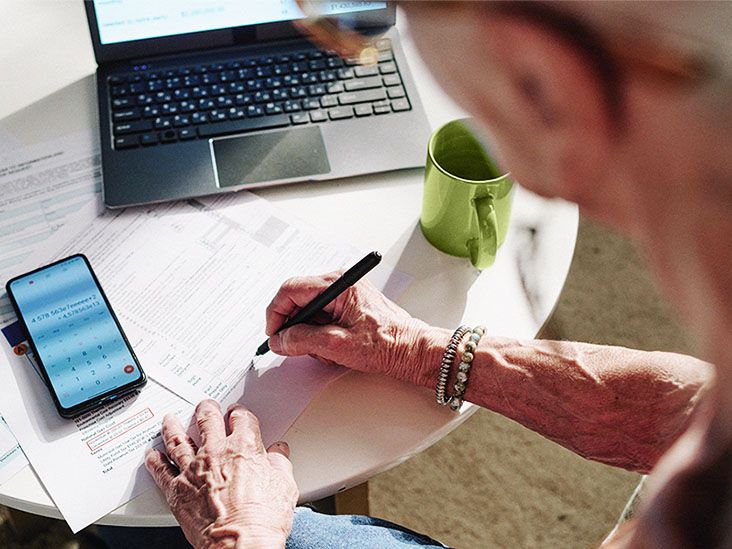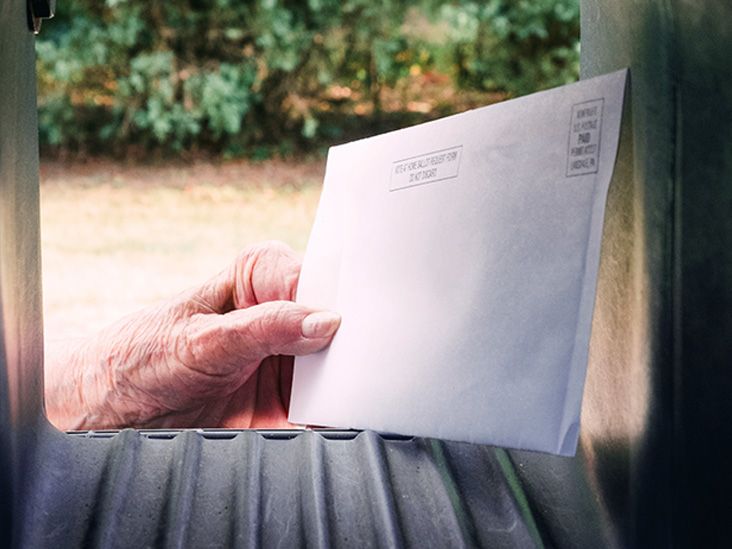Picture this: You're recovering at home after surgery, and the thought of handling everything alone feels overwhelming. Maybe you've heard that Medicare might help with home care, but the details feel as clear as mud. Let me break it down for you just like I would for a close friend going through the same situation.
Here's the straight talk: Medicare home care coverage exists, but it's more selective than you might expect. If you're homebound and need skilled medical attention think nursing care, physical therapy, or wound management Medicare steps in to help. This isn't about having someone come over to cook meals or help with daily tasks like showering. We're talking about medically necessary care provided by trained professionals.
Now, before you get too excited, let's set realistic expectations. Forget about 24/7 home care fully covered by Medicare. Services like house cleaning, meal delivery, or general personal care usually aren't included. But here's the silver lining: when Medicare does cover something, you typically pay nothing for the actual care, and only chip in 20% for certain medical equipment.
So who actually qualifies? What services are genuinely covered? And how do you navigate this system without feeling lost? Let's dive in together.
Understanding Medicare Home Care
First things first, let's clear up a common mix-up. Medicare distinguishes between "home health care" and general "home care services," and this difference matters a lot for your wallet.
When we talk about what counts as home health care under Medicare, we're looking at specific medical services. Think skilled nursing for wound care or IV therapy, physical therapy to help you regain strength, occupational therapy to improve daily functioning, or speech therapy for communication issues. Sometimes, if you're receiving these skilled services, you might also get part-time help from a home health aide for personal care.
The key thing to remember? Medicare covers medical care, not personal assistance. If you just need help with bathing, dressing, or housework without any medical component, that's typically not covered. It's like the difference between visiting your doctor for treatment versus hiring a housekeeper both valuable, but only one falls under medical necessity.
Services That Medicare Doesn't Cover
Let's be upfront about what's not included, because knowing this helps manage expectations and plan accordingly.
Medicare generally won't pay for round-the-clock care, even if it's medically necessary. Those homemaker services that would make life so much easier like cleaning, shopping, or cooking typically aren't covered unless they're directly tied to medical care. Meal delivery programs, while wonderful community resources, usually fall outside Medicare's scope.
Here's a simple way to think about it: if the service requires a nurse, therapist, or other medical professional to provide it, Medicare might cover it. If it's more about daily living assistance without medical oversight, you'll likely need to explore other options or pay out of pocket.
| Home Health | Home Care | |
|---|---|---|
| Medicare-approved | Yes | No |
| Skilled nursing | Yes | No |
| Personal Care | No (unless with skilled care) | Yes |
| Help with ADLs | No | Yes |
| Paid by Medicare | Yes | No |
Who Qualifies for These Benefits?
Being "homebound" doesn't mean you're literally stuck inside. It's more about your medical condition making it difficult and potentially harmful for you to leave home regularly. Maybe you need assistance with a walker or wheelchair to get around, or leaving home requires significant effort and recovery time.
What really matters is your doctor's assessment. They need to certify that leaving home isn't advisable due to your medical condition. Occasional short trips for medical appointments or special occasions like a family wedding might still be okay, but regular outings could put your health at risk.
The type of care you need also matters. Medicare looks for skilled nursing care, physical therapy, occupational therapy, or speech-language pathology services. These aren't just nice-to-have services they're medically necessary treatments that require professional expertise.
Here's something that might surprise you: you don't need to have just been hospitalized to qualify. Many people assume they need a recent hospital stay, but that's not always the case with Medicare Part B coverage.
How Long Does Coverage Last?
Medicare home health care has some built-in limits, but they're designed to be flexible when medically necessary.
Generally, you're looking at intermittent care that means up to 8 hours a day, 28 hours a week. If your situation is more complex, this can extend to 35 hours a week. But here's what's important to understand: this isn't continuous care, and it's reviewed regularly.
Your eligibility gets checked periodically, and if your condition changes, so might your coverage. It's not like signing up for a year-long service Medicare adjusts based on your ongoing needs and medical status.
Getting Started with Medicare Home Care
The process might seem daunting, but it's more straightforward than you think. First, your doctor or nurse practitioner needs to evaluate whether you meet the criteria for home health care. Once they determine you qualify, they'll create a care plan and order the specific services you need.
Here's where you get some control: choosing a Medicare-certified home health agency. You can use Medicare's helpful tool to find agencies in your area. The agency then works with you and your doctor to create a detailed plan of care, and services begin according to that schedule.
Your chosen agency becomes your main point of contact. They should keep you informed about what's covered, train you and your family on care techniques when appropriate, and provide clear information about any costs you might encounter.
Understanding the Costs
Let's talk money and I promise to keep this as painless as possible. When Medicare covers home health care services, you typically pay nothing for the actual care itself. That's right, zero out-of-pocket for skilled nursing visits or therapy sessions.
However, you might pay 20% of the Medicare-approved amount for durable medical equipment like wheelchairs, hospital beds, or oxygen equipment. The good news? Generally, there are no copayments or deductibles for the skilled care services themselves.
If you have additional insurance like Medigap, make sure to inform your providers. This can prevent billing confusion and ensure everything gets processed correctly. Your agency should always provide written information about what you'll pay and why, especially if Medicare won't cover something.
Protecting Your Rights
Knowing your rights can make all the difference in navigating this system successfully. If your services are ending or being reduced, you have the right to receive a "Notice of Medicare Non-Coverage" explaining why. If you disagree with the decision, you can request a fast appeal.
You also have the right to choose your home health agency (within reason), complain about poor service, and be involved in decisions about your care plan. These rights exist to protect you and ensure you receive quality care.
Unfortunately, we also need to talk about fraud prevention. Watch out for agencies that pressure you into unnecessary services, offer free gifts in exchange for your Medicare information, or bill for services you never received. If something feels off, trust your instincts.
When Medicare Isn't Enough
Sometimes Medicare coverage only goes so far, and that's okay. There are other resources available if you need ongoing assistance beyond what Medicare provides.
Medicaid waiver programs in many states offer Home and Community-Based Services that can fill gaps in personal care needs. Veterans might qualify for Aid & Attendance benefits that provide additional support. Private pay options and home care insurance are other paths to explore.
Tools like BenefitsCheckUp can help you discover local programs and resources you might not even know exist. The key is being proactive about exploring all available options.
Wrapping It All Up
Navigating Medicare home care coverage can feel like learning a new language, but you don't have to figure it out alone. Medicare home health benefits provide valuable support when you're recovering and need skilled medical attention at home, but they're designed as a safety net rather than a comprehensive solution for all care needs.
The most important thing is understanding what's actually covered. Those nursing visits, therapy sessions, and medical equipment these are the areas where Medicare typically steps in to help. General assistance with daily activities, while incredibly valuable, usually falls outside Medicare's scope.
Take time to talk with your doctor about your specific situation. Choose a Medicare-certified agency that makes you feel comfortable and informed. Stay involved in creating and reviewing your care plan this is your health and your life we're talking about.
If you're still uncertain about your eligibility or how to get started, reach out to your local State Health Insurance Assistance Program counselor. They offer free, personalized guidance that can make all the difference in navigating this system with confidence.
Have questions about your specific situation? Want to share your experiences with Medicare home care? I'd love to hear from you your insights might help someone else who's going through the same journey.
FAQs
Does Medicare cover 24/7 home care?
No, Medicare does not cover round-the-clock home care. It only covers intermittent skilled nursing and therapy services for eligible homebound individuals.
What qualifies as homebound for Medicare?
Being homebound means leaving home is difficult and requires considerable effort or medical assistance. Occasional trips for medical care or special events may still be allowed.
Can Medicare pay for a caregiver to help with daily activities?
Medicare typically does not cover personal care or help with daily activities like bathing and dressing unless it's part of receiving skilled medical care.
How much does Medicare home care cost?
Medicare usually covers 100% of approved home health care services. You may pay 20% for certain medical equipment like wheelchairs or hospital beds.
Do I need a doctor's referral for Medicare home care?
Yes, your doctor or healthcare provider must certify that you're homebound and in need of skilled nursing or therapy services before Medicare will cover home care.
Disclaimer: This article is for informational purposes only and does not constitute medical advice. Always consult with a healthcare professional before starting any new treatment regimen.
Related Coverage
Find out if Medicare covers adult day care services and explore options for financial assistance with adult day care....
A Medicare broker helps you choose the best Medicare plan without charging you. Get personalized help finding coverage that fits your needs....
Blood pressure drawings use visuals to demonstrate physical concepts behind key measurements. Learn how these medical illustrations help diagnose issues and empower patient self-care....
Compare Wyoming Medicare plans including Original Medicare and Advantage options. Find the best coverage for your health and budget....
Medicare life insurance doesn't exist—learn the truth about Medicare and real life insurance options for seniors and their families....
Taking over a loved one's finances is challenging. Learn how to manage financial caregiving responsibly and avoid common pitfalls....
Medicare for snowbirds can be simple with the right plan. Learn how Original Medicare, Medigap, and Advantage work across states for seamless care....
Learn how the Medicare 3-midnight rule affects skilled nursing facility coverage and avoid unexpected out-of-pocket costs....
Don't face unexpected costs. Know how the Medicare Part A penalty works and how to avoid paying more for your coverage....
Find out if your Medicare plan includes a grocery allowance and how this benefit can help you save on food costs....









